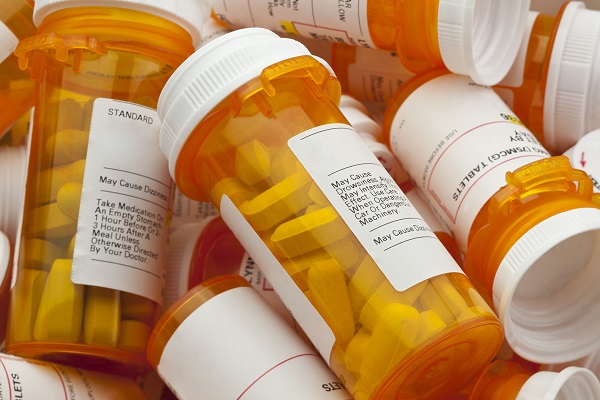PTC shares soar after SMA drug data impresses market

After failing three times to bring their Duchenne therapy to the US market, PTC Therapeutics might be on verge of a breakthrough in the SMA field.
PTC and Roche are co-developing a new spinal muscular atrophy (SMA) drug called risdiplam or RG7916, which has a big potential to become a rival to Spinraza, licensed by Biogen.
Biogen's drug sells for $750,000 for the first year, and $375,000 for each consecutive year of therapy.
New Jersey based PTC's shares soared on Nasdaq last weekend, after they impressed analyst and researchers with the recent data update on the Phase I trial at the 22nd Annual SMA Researcher Meeting.
The data presented by PTC demonstrated that over 90% of babies taking part in the trial, achieved a greater than four-point increase in The Children's Hospital of Philadelphia Infant Test of Neuromuscular Disorders (CHOP-INTEND) score compared to baseline at the day 182 of testing.
The data were further supported by video footage demonstrating movements such as the ability to control head, roll, or sit in babies participating in an open-label, two-part clinical trial.
Risdiplam is currently in the second part of the single-arm study with a double number of babies with Type1 SMA being administered with the same dosage of medication.
Giovanni Baranello, Fondazione Istituto Neurologico Carlo Besta in Milan, said: "Data on motor function seem more encouraging when we consider that we are seeing motor function improvements and milestones achievement at this early stage of the study, which was essentially a dose-finding study and most of the infants included have received their first dose after the age of 5 months.”
“It is exciting to see evidence of clinical benefit from a systemic oral treatment for SMA."
Novartis is also quickly advancing in the SMA field with its $8.7 billion acquisition this year of Avexis that is working on a gene therapy for the disorder. A one-time treatment is currently assessed by Barclays analysts to be worth approximately $1.25 million.










